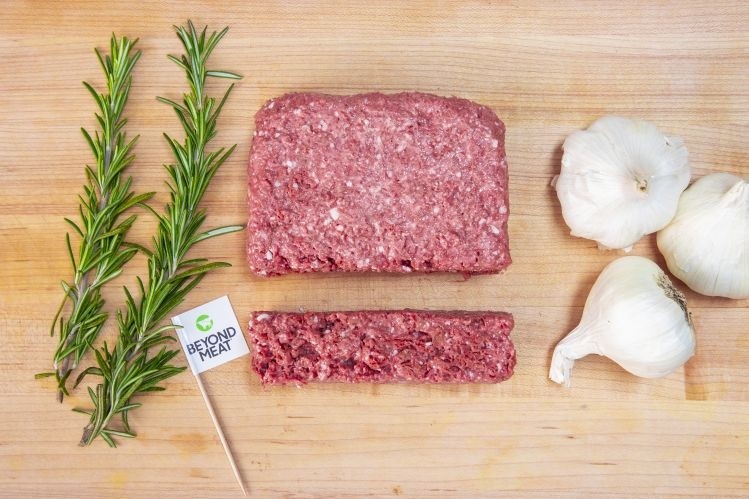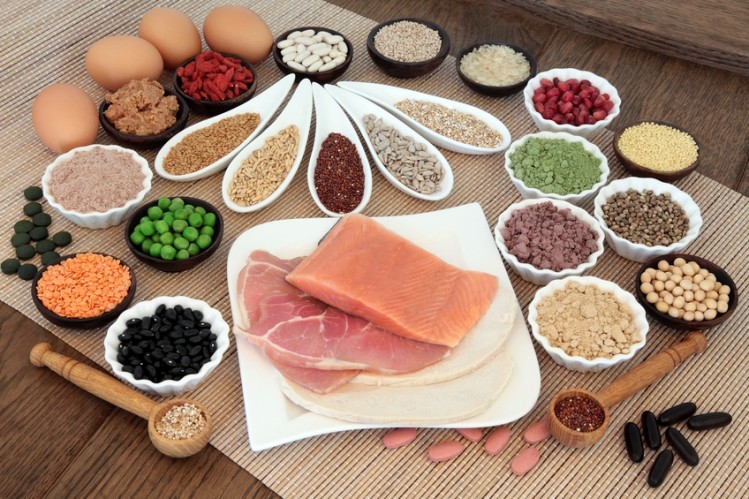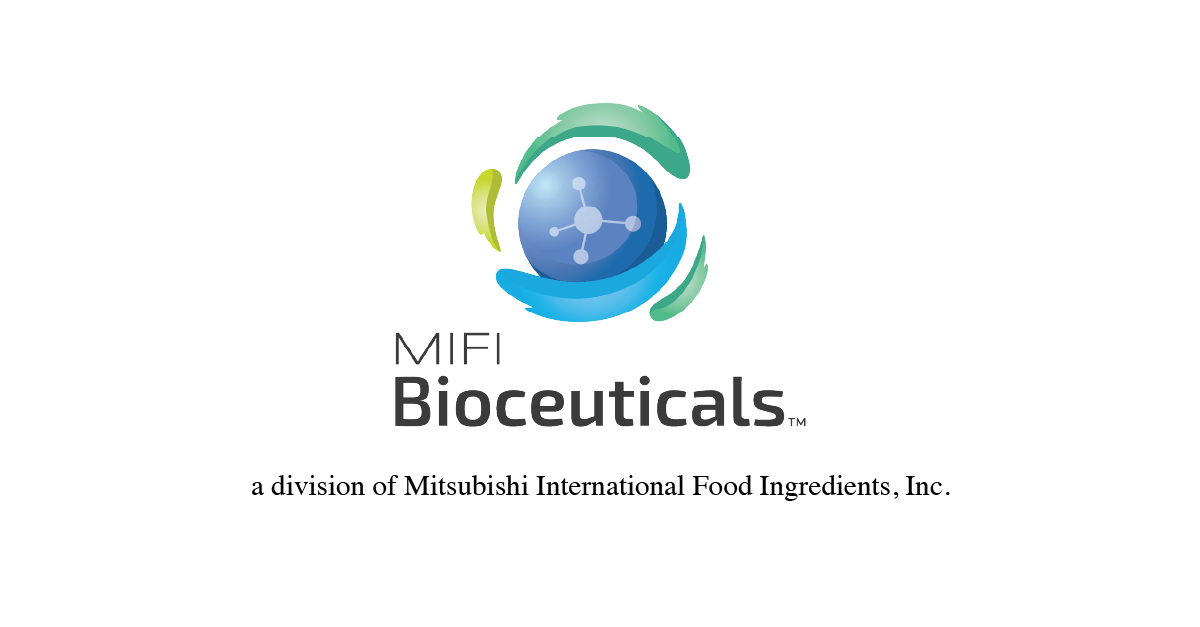Common-sense rules on food labeling would make life easier for shoppers, boost UK businesses and help the country hit its net zero goals, a report published by the Alternative Proteins Association (APA) has revealed.
Lobbyists for the multinational meat and dairy industry are demanding a crackdown on terms like “soy milk,” “veggie burger” and “vegan cheese,” claiming they dupe shoppers into thinking they contain animal products despite being widely used and understood by consumers for many years.

Notably, the plant-based sectors are accelerating, with data from Innova Market Insights highlighting 6.8% growth globally (CAGR 2021-2023). Some subcategories are gaining momentum, with fish and seafood substitutes growing 68% CAGR between 2020 and 2022, soy and tofu products accelerating by 60%, poultry substitutes by 46% and red meat and pork substitutes at 42%.
Groundless concerns?
But research by the APA – the UK trade body for the plant-based, cultivated and recombinant protein sector – warns that such concerns about using traditional meat and dairy terminology are “completely groundless.”
Far from helping consumers, the report shows that removing familiar and widely-used phrases from packaging would confuse shoppers, making it harder for them to make informed choices when purchasing food items.

But the report warns that further unnecessary red tape would create new obstacles for British start-ups and scaling businesses, forcing them to navigate costly bureaucratic restrictions and potentially driving them overseas or out of business altogether.
In the US, for instance, regulators recently issued common-sense guidance allowing plant-based drinks to use the word “milk,” determining consumers are not confused by terms such as “oat milk.”
“US regulators trust American consumers to know that oat milk doesn’t come from cows, so why do their UK counterparts assume British shoppers lack such common sense?” says Jeremy Coller, president of the APA.
“The APA calls for common sense labeling that reflects 21st-century language use and food choices, not more red tape that threatens to confuse consumers and strangle innovative British start-ups.”









